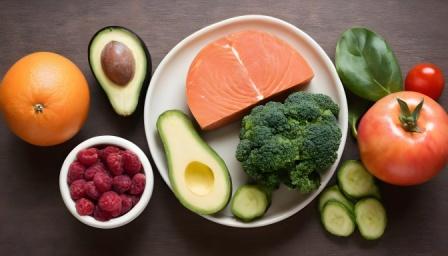The Black Death, one of the most devastating pandemics in human history, ravaged Europe in the mid-14th century, wreaking havoc on populations and altering the course of history. Now, a new study conducted by researchers at Penn State and the University of Adelaide delves into the depths of this transformative period, examining the impact of the Black Death on the oral microbiomes of ancient Britons.
Utilizing DNA extracted from dental calculus (mineralized plaque) accumulated on the teeth of individuals who lived before, during, and after the Black Death, the study reveals a striking shift in the composition of oral microbial communities. Prior to the pandemic, the oral microbiomes of ancient Britons resembled those of modern hunter-gatherer populations, characterized by an abundance of bacteria associated with a high-fiber, unprocessed diet.
However, following the Black Death, a significant transition occurred, with a decline in these bacteria and an increase in species linked to a refined diet rich in processed carbohydrates and sugars. This dietary shift is attributed to the profound social and economic disruptions caused by the pandemic, which led to changes in agricultural practices, food availability, and culinary traditions.
The study's findings suggest that the Black Death, beyond its immediate demographic impact, also had a profound and lasting influence on the dietary habits of medieval populations, leaving a mark on the oral microbiomes of subsequent generations. These findings shed light on the intricate interplay between human history, diet, and the microbial world that resides within us.
Key Takeaways:
The Black Death caused a significant shift in the oral microbiomes of ancient Britons, reflecting a transition from a hunter-gatherer diet to a more refined one.
This dietary shift is attributed to the social and economic disruptions caused by the pandemic, which led to changes in agricultural practices, food availability, and culinary traditions.
The study's findings highlight the profound impact of historical events on human diet and its associated microbial communities.
Implications:
The study's findings have implications for our understanding of the relationship between diet, oral health, and overall well-being. It also provides insights into the long-term consequences of historical events on human microbial communities.
The shift in oral microbiomes following the Black Death suggests that changes in diet can have a significant impact on the microbial ecosystem within our bodies.
The study highlights the importance of maintaining a balanced and diverse diet for optimal oral health and overall well-being.
The findings provide a unique perspective on the interplay between human history, diet, and the microbial world, emphasizing the interconnectedness of these factors.







